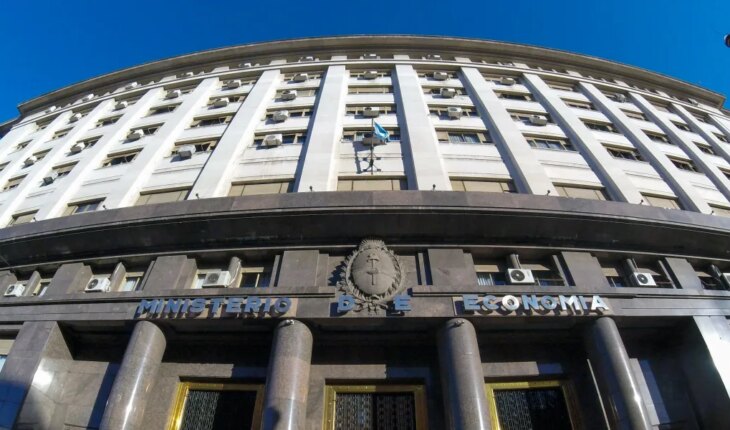A few days after the change of government, the Ministry of Economy presented its “Report” as a balance of the four years of the administrations of Martín Guzmán, Silvina Batakis and Sergio Massa, in which it highlighted “the measures” taken that “were reflected in the economic growth” of 2021 and 2022, as well as the “improvement of indicators”, despite the adversities represented by the coronavirus pandemic, the war in Ukraine and the drought. The report highlighted “the economic policies that deepened the path of economic stabilization and sustaining activity and employment that began on August 3, 2022,” the day of Massa’s inauguration at the head of the Treasury Palace. From the beginning of the administration, the National State played a central role in sustaining the productive fabric and marking a path towards development with structural change and social inclusion,” said the Ministry, which remarked that, “when the government took office, the economy was dragging a strong macroeconomic and debt crisis that began in 2018.” Subsequently, he pointed out, “the outbreak of the Covid-19 pandemic in March 2020 and its resurgence in 2021, plus the war conflict in Ukraine that had a strong impact on energy and food prices in 2022, ended up highlighting the fundamental role that the State must play in generating conditions for recovery, economic growth and development.” The measures implemented were reflected in the economic growth recorded in 2021 (10.7%) and 2022 (5%), being the first time since 2010-2011 that Argentina has grown two consecutive years,” he said. Regarding 2023, he warned that “it was crossed by the difficulties caused by the drought, which, due to duration and intensity, was configured as the largest in the history of our country”, with declines in agricultural production and exports. Despite this, the Ministry of Finance highlighted that “the labour market continued to improve its indicators”, with a record employment rate of 44.6% in the second quarter of this year. Regarding the policies implemented since August of last year, he indicated that “work continued on the basis of four objectives: fiscal order, strengthening of reserves, expansion of export capacity, at the same time, import substitution and development with inclusion.” To achieve these objectives, the Ministry of Economy identified “three axes” that it considered “fundamental”: fiscal consolidation, strengthening of the local debt market, and external debt sustainability strategy.
The Ministry of Economy highlighted “growth” and the “improvement of indicators” in a management balance sheet
December 8, 2023 |





